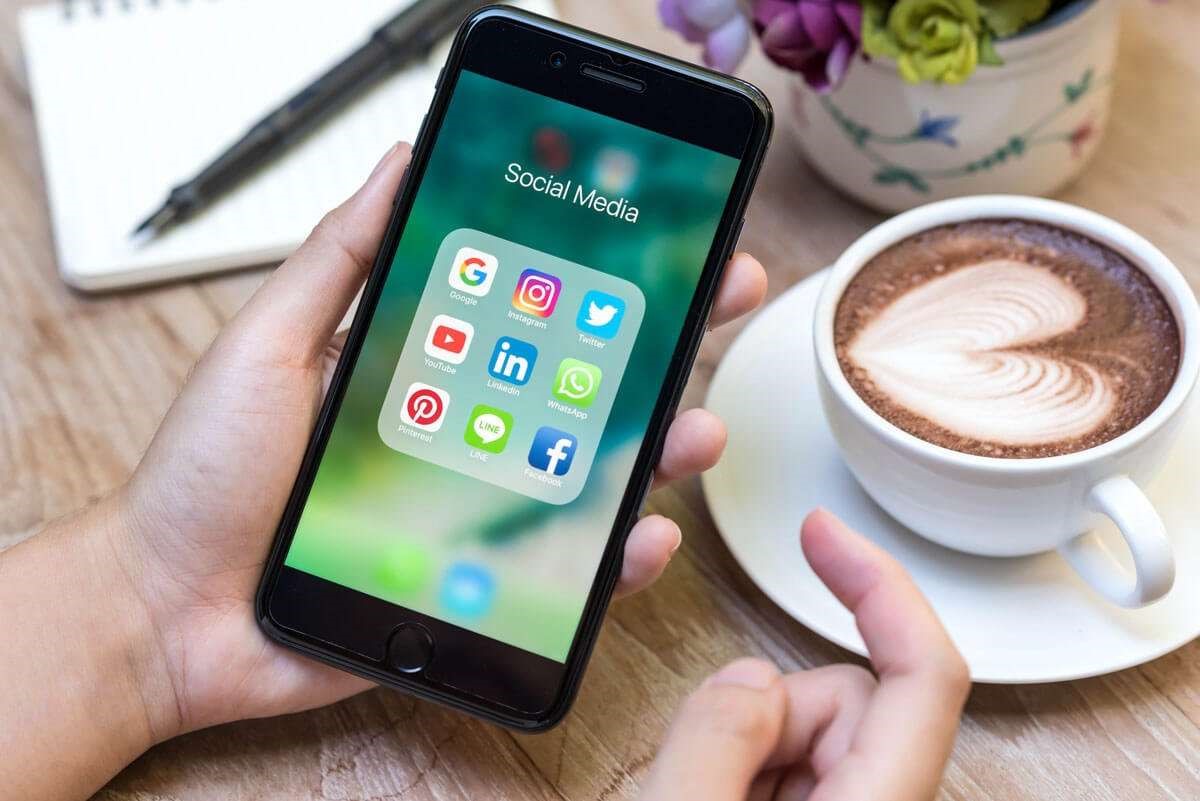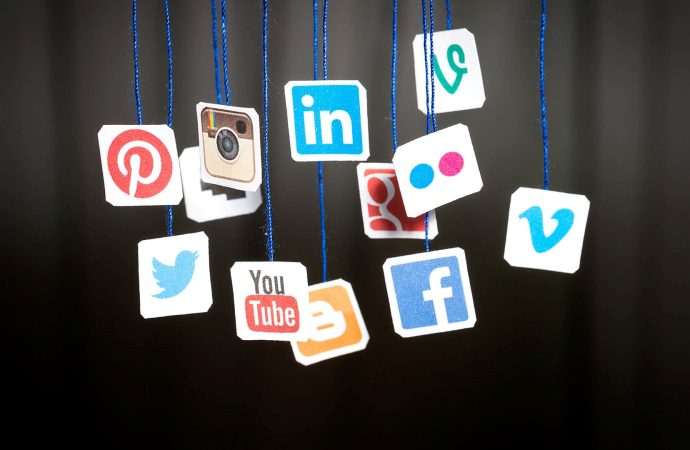In today’s digital age, social media has become an integral part of daily life for millions of individuals around the globe. Platforms like Facebook, Instagram, Twitter, TikTok, and YouTube have revolutionized the way people communicate, share information, and form communities. One of the significant areas where social media exerts a profound influence is health trends.
In today’s digital age, social media has become an integral part of daily life for millions of individuals around the globe. Platforms like Facebook, Instagram, Twitter, TikTok, and YouTube have revolutionized the way people communicate, share information, and form communities. One of the significant areas where social media exerts a profound influence is health trends. This article delves into how social media shapes health trends, the benefits and drawbacks of this influence, and what it means for the future of public health.
The Rise of Social Media Health Trends
The rise of social media has brought about a democratization of information. Unlike traditional media, where health information was primarily disseminated by experts through controlled channels, social media allows anyone with internet access to share their thoughts, experiences, and advice on health-related topics. This has led to the rapid spread of health trends, some of which have garnered millions of followers.
Viral Health Challenges
One of the most noticeable impacts of social media on health trends is the proliferation of viral health challenges. These challenges often involve users performing specific health-related tasks and sharing their experiences online. For instance, the “10,000 Steps a Day” challenge encouraged people to increase their physical activity by walking more. Similarly, the “Dry January” challenge, which promotes abstaining from alcohol for the month of January, has gained significant traction.
Influencers and Health Gurus
Social media influencers, individuals with substantial followings, often play a crucial role in shaping health trends. These influencers, ranging from fitness trainers to nutritionists, leverage their platforms to promote various health practices and products. Their endorsements can lead to widespread adoption of certain health behaviors. For example, the promotion of plant-based diets by influencers has contributed to the growing popularity of veganism and vegetarianism.

Picture by: Yandex.com
The Benefits of Social Media Health Trends
The influence of social media on health trends is not without its merits. Several positive outcomes have emerged from this phenomenon.
Increased Health Awareness
One of the most significant benefits is the increased awareness of health issues. Social media platforms provide a space for sharing valuable information on topics such as mental health, chronic diseases, and preventive care. Campaigns like #MentalHealthAwareness and #BreastCancerAwareness have successfully reached broad audiences, encouraging people to seek help and undergo screenings.
Community Support
Social media fosters a sense of community among individuals facing similar health challenges. Online support groups and communities allow people to share their experiences, offer advice, and provide emotional support. This sense of belonging can be particularly beneficial for individuals dealing with conditions like depression, anxiety, or chronic illnesses.
Accessibility to Expert Advice
Many healthcare professionals and organizations use social media to disseminate accurate and reliable health information. This accessibility allows individuals to receive expert advice without the barriers of geographical location or financial constraints. Platforms like Twitter and Instagram have become valuable resources for staying updated on the latest health research and recommendations.
The Drawbacks of Social Media Health Trends
While there are undeniable benefits, the influence of social media on health trends also presents several challenges and potential risks.
Spread of Misinformation
One of the most significant drawbacks is the spread of misinformation. Social media platforms are rife with unverified and sometimes dangerous health advice. For example, the anti-vaccine movement has gained momentum through social media, leading to a resurgence of preventable diseases. The rapid spread of false information can have severe consequences for public health.
Pressure to Conform
Social media can create unrealistic expectations and pressure to conform to certain health trends. Images of idealized body types and extreme fitness routines can lead to body dissatisfaction and unhealthy behaviors. The constant exposure to curated and filtered content can contribute to issues such as eating disorders and exercise addiction.
Privacy Concerns
Sharing personal health information on social media can also raise privacy concerns. Users may inadvertently disclose sensitive information that could be misused. Additionally, the algorithms used by social media platforms can track and exploit health-related data for targeted advertising, raising ethical questions about user privacy and consent.
Navigating the Influence of Social Media on Health Trends
Given the pervasive influence of social media on health trends, it is essential to navigate this landscape thoughtfully and responsibly.
Critical Evaluation of Information
Individuals must develop critical thinking skills to evaluate the credibility of health information found on social media. Checking the qualifications of the source, cross-referencing with reputable health organizations, and being skeptical of sensational claims can help mitigate the spread of misinformation.
Promoting Digital Literacy
Promoting digital literacy is crucial in empowering individuals to make informed health decisions. Educational initiatives should focus on teaching people how to discern reliable sources, understand the implications of sharing personal information, and recognize the potential biases in social media content.
Leveraging Social Media for Positive Change
Healthcare professionals and organizations can leverage social media to promote positive health trends. By actively engaging with the public, providing evidence-based information, and countering misinformation, they can harness the power of social media for the greater good. Campaigns that encourage healthy behaviors, such as regular exercise, balanced diets, and mental health care, can be amplified through social media platforms.
The Future of Social Media Health Trends
As social media continues to evolve, its influence on health trends is likely to grow. Emerging technologies such as artificial intelligence and augmented reality may further shape how health information is disseminated and consumed. For instance, AI-driven health bots could provide personalized health advice, while AR could offer immersive health education experiences.
However, it is essential to strike a balance between embracing the benefits of social media and mitigating its risks. Policymakers, healthcare professionals, and social media companies must collaborate to create a digital environment that prioritizes accurate information, user privacy, and mental well-being.
Conclusion
The influence of social media on health trends is a double-edged sword. While it has the potential to increase health awareness, foster community support, and provide access to expert advice, it also poses risks such as the spread of misinformation, pressure to conform, and privacy concerns. By promoting digital literacy, critically evaluating information, and leveraging social media for positive change, society can harness the power of social media to improve public health outcomes. As we navigate this digital age, it is crucial to remain vigilant and proactive in ensuring that social media serves as a force for good in the realm of health and wellness.
















